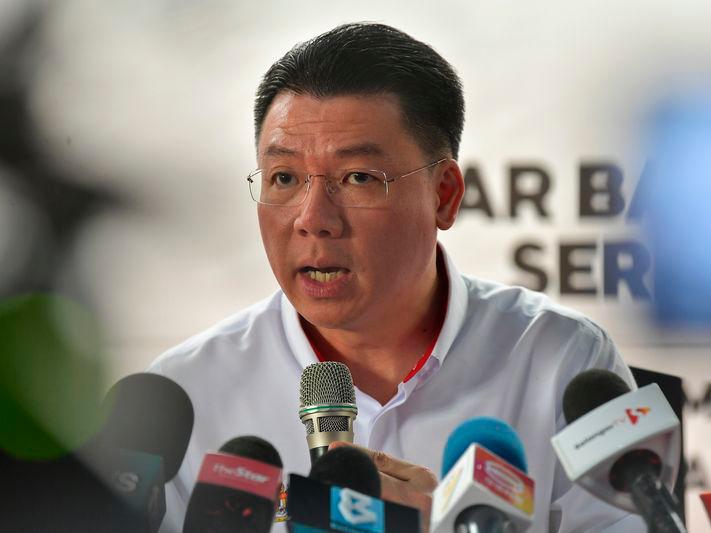KUALA LUMPUR: A total of RM15.1 million has been allocated in Budget 2025 for the Housing and Local Government Ministry to bolster smart city development across the country.
Housing and Local Government Minister Nga Kor Ming said the allocation marked as the largest funding ever received by the ministry for smart city initiatives.
“The true potential of future cities lies in their ability to redefine urban living through a dynamic blend of technology, policy, and innovation,” he said in his keynote address at the Future Cities Summit, here, today.
Nga said in line with Malaysia MADANI’s aspirations and the Sustainable Development Goals (SDGs), the ministry is committed to ensuring that the right policies are put in place for the development of livable cities.
By fostering smart city concepts, he said the ministry aimed to create inclusive economies that attract residents and investors, generate new revenue streams, enhance tax revenues, and create jobs.
He noted that such concept had been successfully implemented by global leaders in smart city development, such as Zurich and Geneva (Switzerland), Oslo (Norway), Canberra (Australia) and Singapore.
“In Malaysia, it is also something that we have been working on over the last two years. We already have Future Cities pilot projects in Kuala Lumpur, Johor Bahru, Kulim, Kota Kinabalu, Putrajaya, Cyberjaya, Melaka and Penang,” he said.
According to the Institute for Management Development (IMD) Smart City Observatory, Nga said Kuala Lumpur has climbed 16 spots in the Smart City Index this year to become the 73rd smartest city in the world, up from 89th last year.
“However, more needs to be done. Traffic congestion and affordable housing remain among the most concerning issues in Kuala Lumpur,” he said.
As such, Nga suggested exploring innovative technologies for future cities, such as smart traffic management systems that leverage real-time data to adjust traffic signals to reduce congestion, and automated waste management systems that utilise sensors to monitor waste levels and optimise collection routes.
“Features such as smart payment solutions can also boost the economy of future cities. This will improve visitor experiences in future cities with tourism appeal, encouraging tourists to extend their stay and spend more, ultimately boosting the local economy,” he said.









